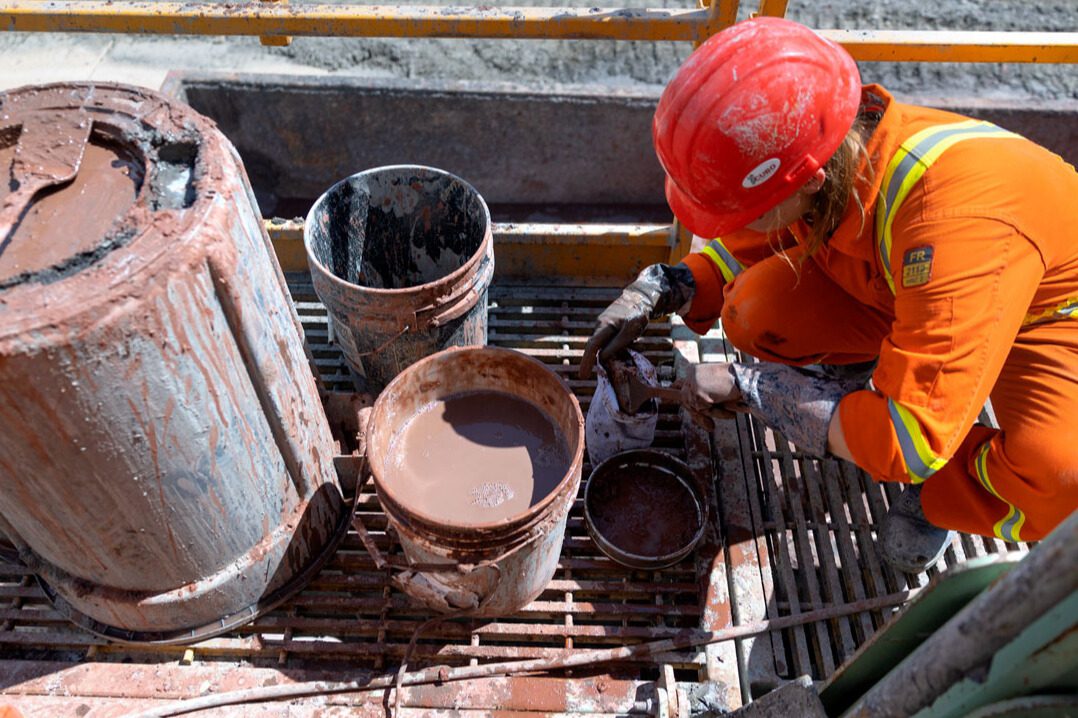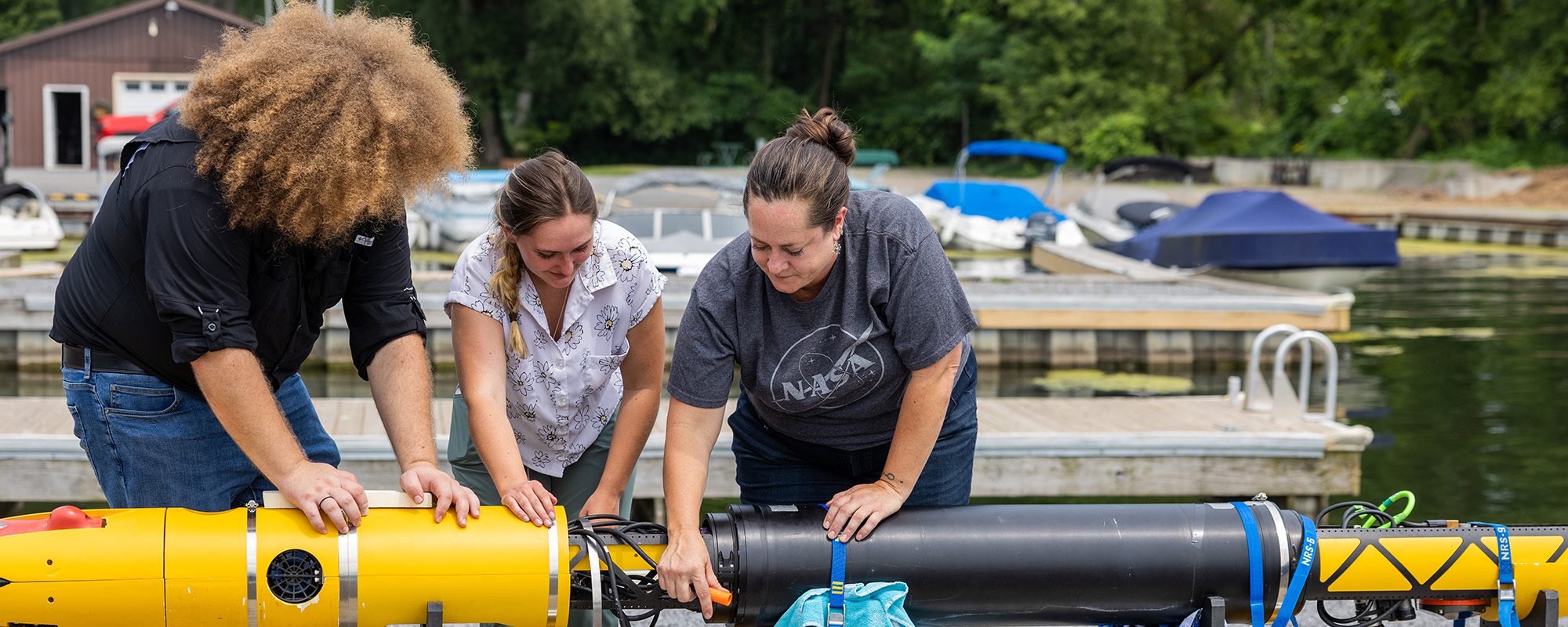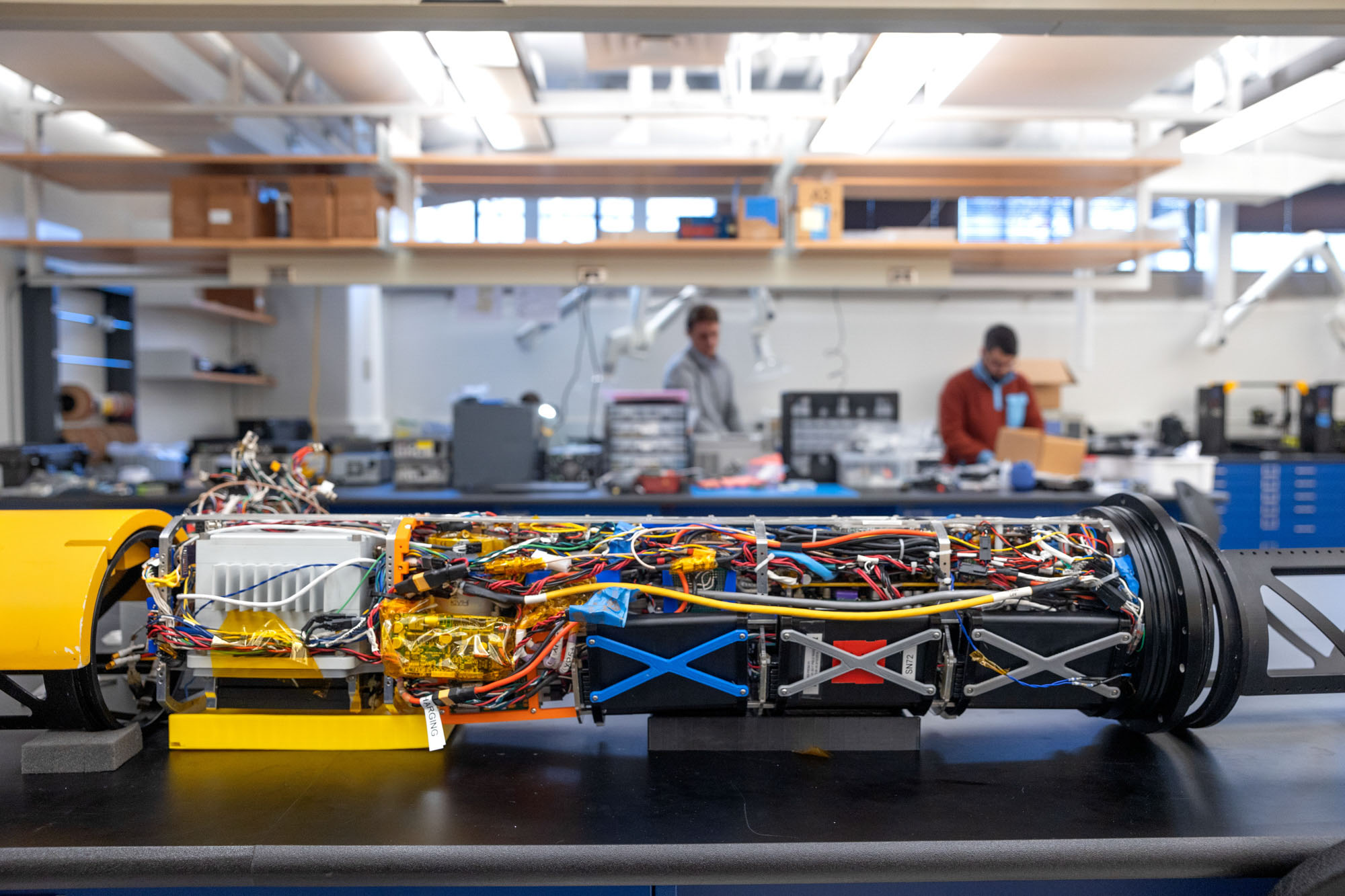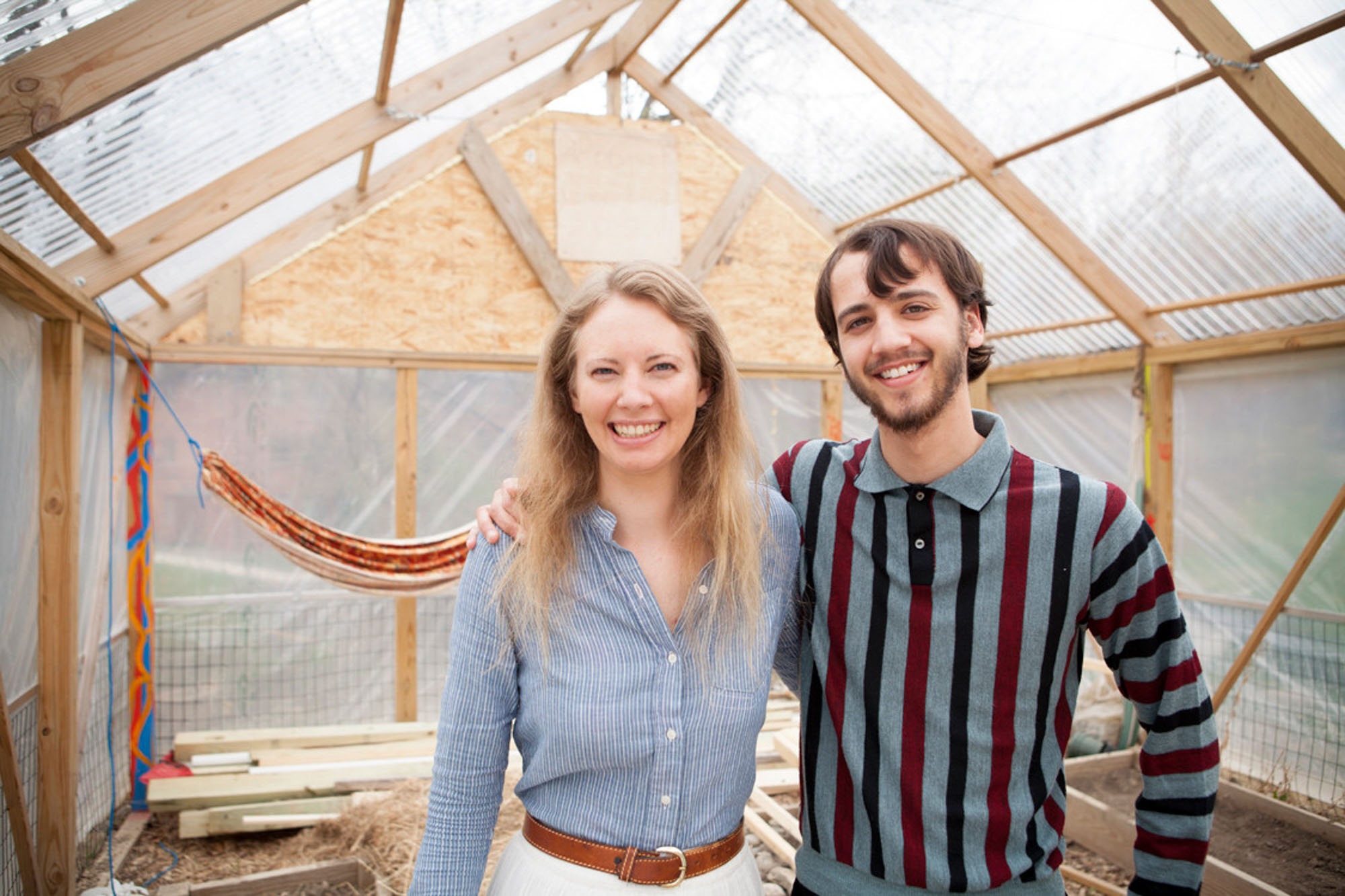The graduate program in geological sciences offers students broad training in basic sciences, as well as field, theoretical, and practical experience through research in their chosen specialty. Cornell’s program provides flexibility for students to engage across disciplines, with strengths in areas such as geophysics, geochemistry, petrology, structural geology, marine ecology, and energy resources. Interdisciplinary study opportunities exist in marine ecology, water resources, applied geological science, and various other fields.
Students who are self-motivated and self-directed with strong quantitative backgrounds and a keen interest in and curiosity about the Earth are encouraged to apply. While helpful, prior study of geology is not a requirement for admission; applications from students with undergraduate degrees in other fields are welcome.

Program Highlights
-
Research Opportunities
Ph.D. students have access to a wide range of research programs, such as those focused on geophysics, space-based geodetic studies, tectonics, sedimentation, planetary science, and more. Field research locations include Alaska, Chile, Hawaii, Tibet, and others.
-
Fellowships
Various fellowships, including department and Cornell Fellowships, are available to support students. Ph.D. students, in particular, may apply for prestigious national fellowships, such as the NSF and NASA fellowships.
Concentrations
-
Economic Geology
Engineering Geology
Environmental Geophysics
General Geology
Geobiology
Geochemistry and Isotope Geology -
Geohydrology
Geomorphology
Geophysics
Geotectonics
Marine Geology (minor)
Mineralogy -
Ocean Science and Technology
Paleontology
Petroleum Geology
Petrology
Planetary Geology
Precambrian Geology -
Quaternary Geology
Rock Mechanics
Sedimentology
Seismology
Stratigraphy
Structural Geology
M.S. Program at a Glance
- Special Committee: All students work with a Major Advisor and a graduate Special Committee to guide their program. This committee is responsible for determining the student’s coursework and research path.
- Minors: M.S. students are required to have minors outside of geological sciences. M.S. students must have one minor advisor.
- Research and Dissertation/Thesis: The degree involves significant research. The last year or more of the M.S. program are typically devoted to dissertation or thesis research.
- Application Process: Applicants are encouraged to contact faculty members they wish to study with before applying. Application is done online through the Cornell Graduate School website, specifying the “field of geological sciences.”
- Financial Aid: Financial aid is generally available for M.S. students, providing tuition, stipend, and health insurance. M.S. students are typically supported for two years.
- Qualifying Examination: Before the end of their third semester, all students must take a qualifying exam. This exam is in addition to those required by the Graduate School and helps determine the student’s readiness for advanced studies. It also allows the special committee to plan the student’s program based on the knowledge they need in their chosen areas.
Additional Opportunities
-
![Tubular Icefin robot on a table in a lab. Outer shell is off and many wires and circuits are showing. Two researchers are at tables in the background.]()
Centers, Facilities and Institutes
The Department of Earth and Atmospheric Sciences is home to several cutting-edge centers, labs, and institutes that drive our groundbreaking research.
-
![Two EAS students stand inside the Ecology House Contest construction they were part of creating.]()
Student Groups and Organizations
Explore the diverse range of student organizations and clubs available to enhance your academic journey and connect with peers who share your interests.
Contact
-
Director of Graduate Studies
Matthew Pritchard
pritchard@cornell.edu
607-255-4870 -
Assistant Director of Graduate Programs and Course Coordinator
Sierra Henry
slh297@cornell.edu
607-255-8737


